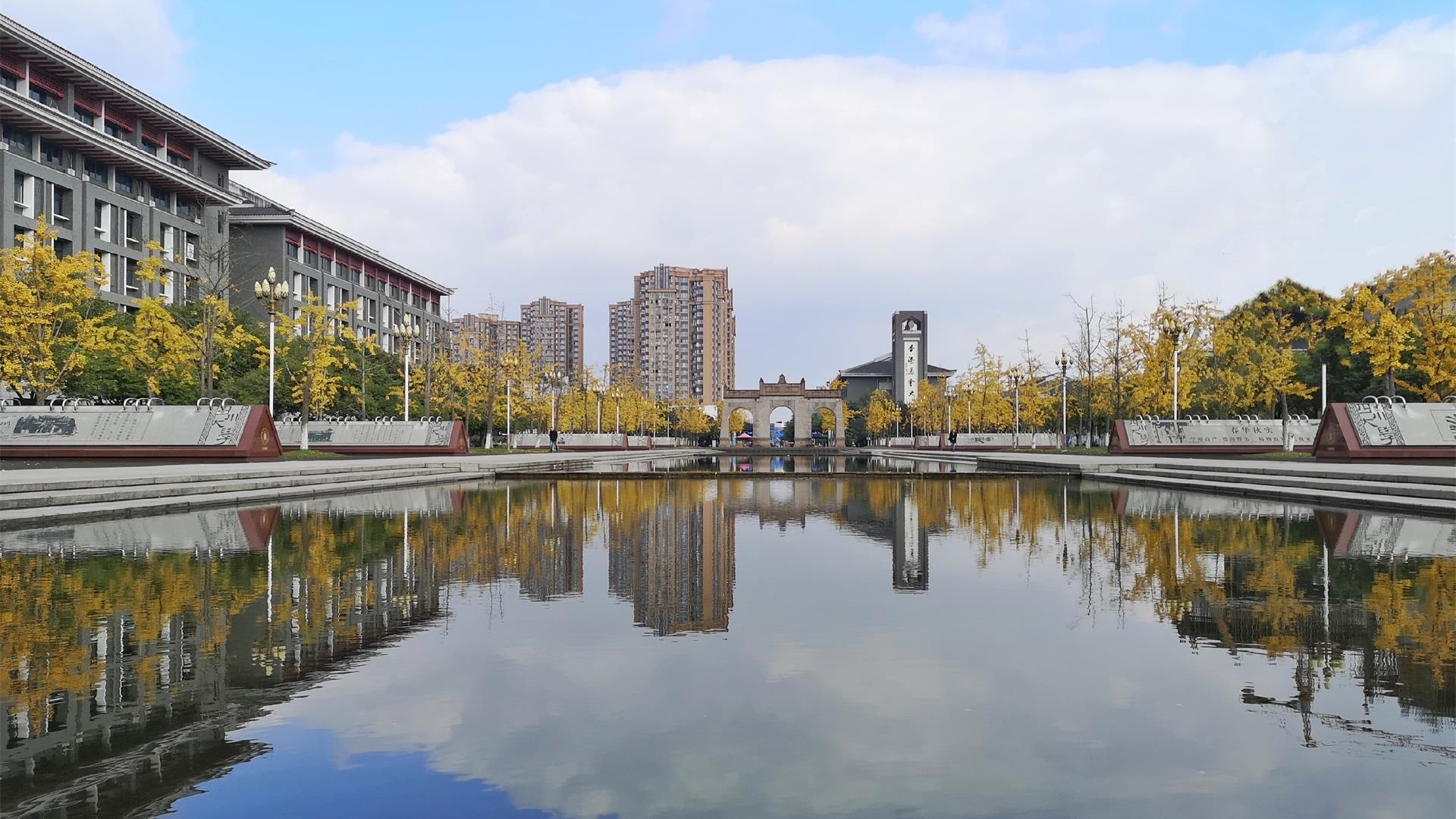On 10 to 12 am November 30, 2018, Professor Ram Prasad Thapaliya from Institute of Crisis Management Studies (ICMS), Tribhuvan University, Kathmandu, Nepal, gave a lecture which named "Key dynamics that influence the scholars on how to respond to crises/disasters" at Institute for Disaster Management and Reconstruction (IDMR) room C109. IDMR Party Secretary and Deputy Dean Yong Chen, Vice Dean Prof. Baofeng Di, associate professor Bingwei Tian and graduated student from IDMR and undergraduate students from student club attended the presentation. Professor Di hosted the presentation and made a brief introduction about Professor Ram and collaborations between IDMR and ICMS.

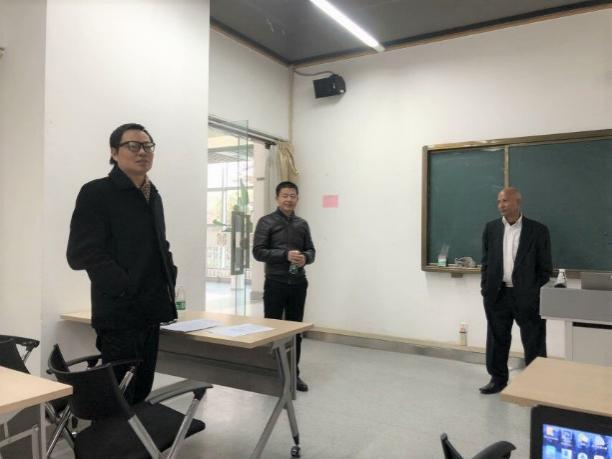
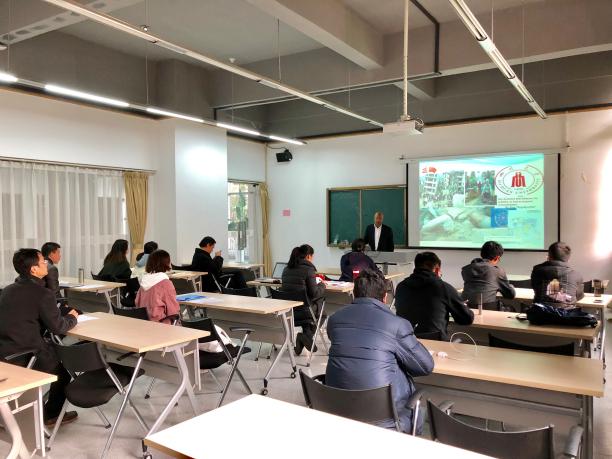
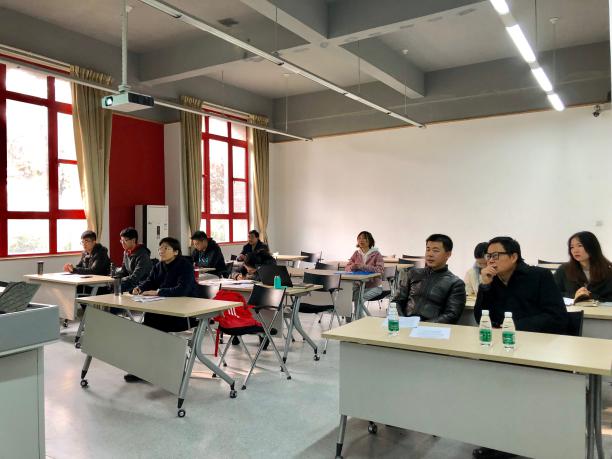
During the lecture, Professor Ram introduced the setting of disaster reduction and related courses in Nepal. The four phases of the earthquake disaster response mechanism, the comprehensive capabilities including the service, culture, environment, spirit, religion, ecological economy, technology, human resources and other aspects of community response to disasters , how to make effective decisions in complex situation ,disaster assessment, prevention, early warning systems, international disaster relief、international disaster maps and so on, the relationship between needs and interests in disaster management, The sensitivity of international military rescue, China as a UN Security Council permanent member country shows it’s responsibility and international influence on disaster reduction, different international rescue purpose for the reconstruction of disaster-affected areas, and the capabilities for student who would like work in UN system and iNGO.
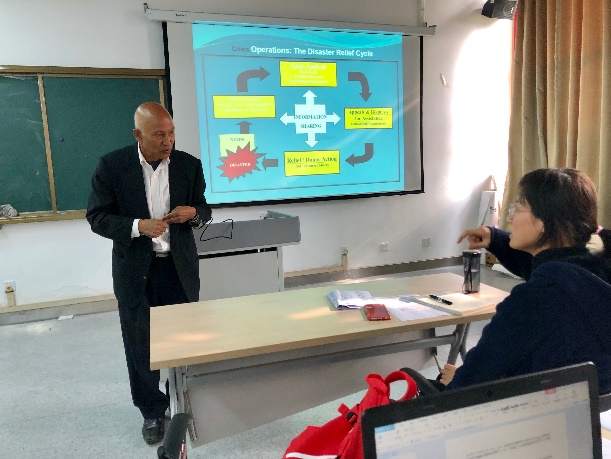
After the lecture, Deputy Dean Chen encourageed the students to learn more about the disaster relief and reconstruction cases of the 2015 Nepal earthquake, summarize the problems and experiences, and carry out comparative studies with the Wenchuan earthquake in China. Through this opportunitie to strengthen exchanges with Nepalese scholars, and constantly break through the bottleneck of student on international disaster reduction exchanges. As a UN Security Council permanent member country, Young generation in IDMR should have the responsibility in international disaster reduction. To be familiar with the disaster management models of "Belt and Road" countries so as to enhance their ability to work in UN and international organizations in the future.
At last, Professor Ram left two questions:
1. Where do we want to go?
2. Where do we want to place our graduates?
Next Friday, Professor Ram will keep discussing the topic of how to play disaster emergency management capabilities under the “Belt and Road” Initiative,welcome to come next week.














